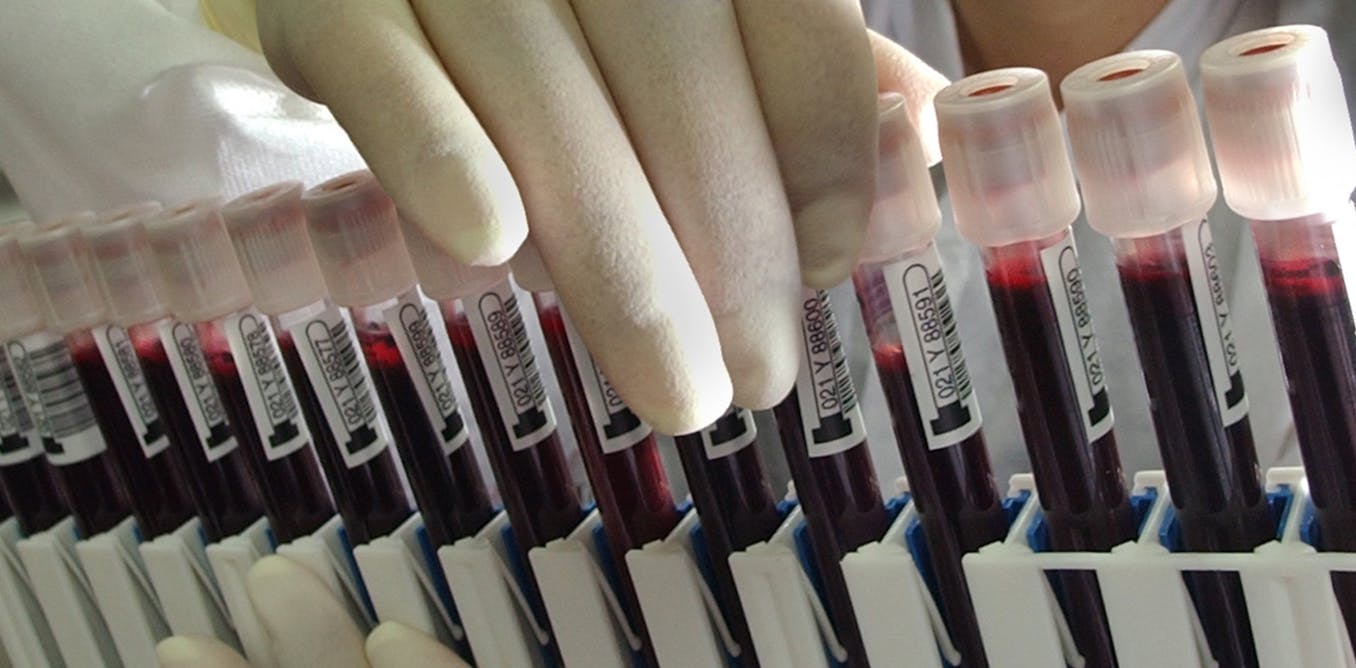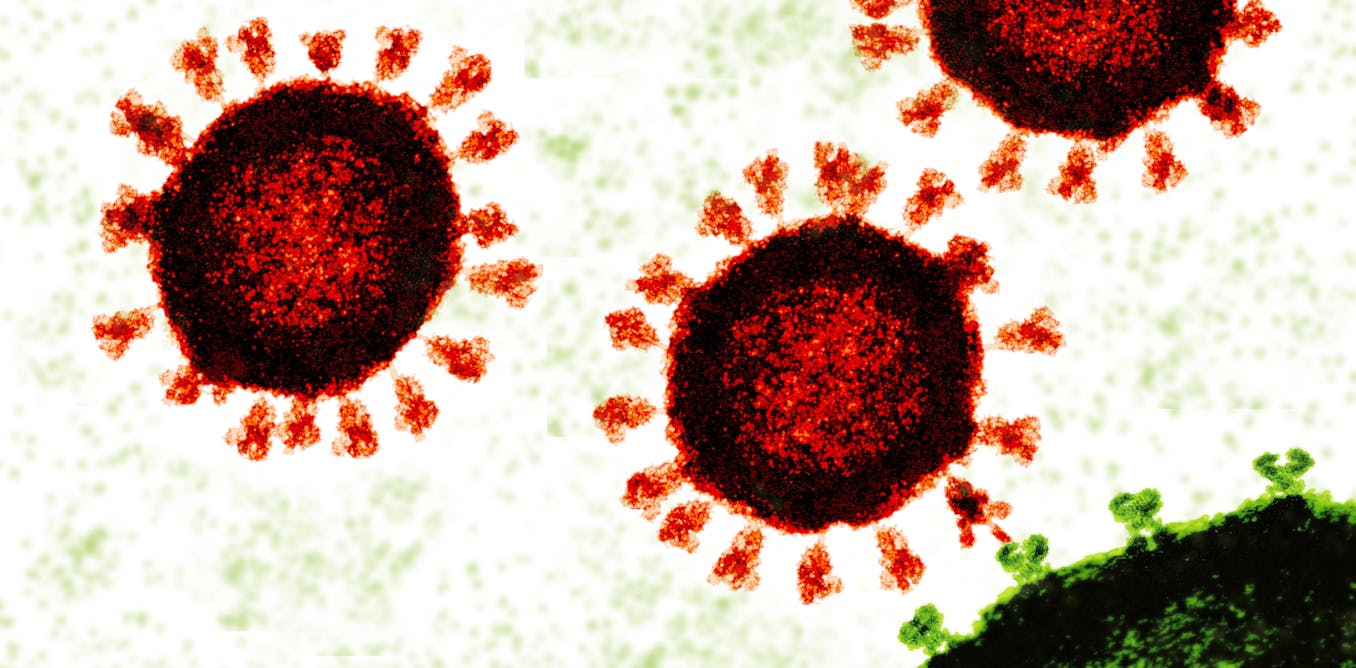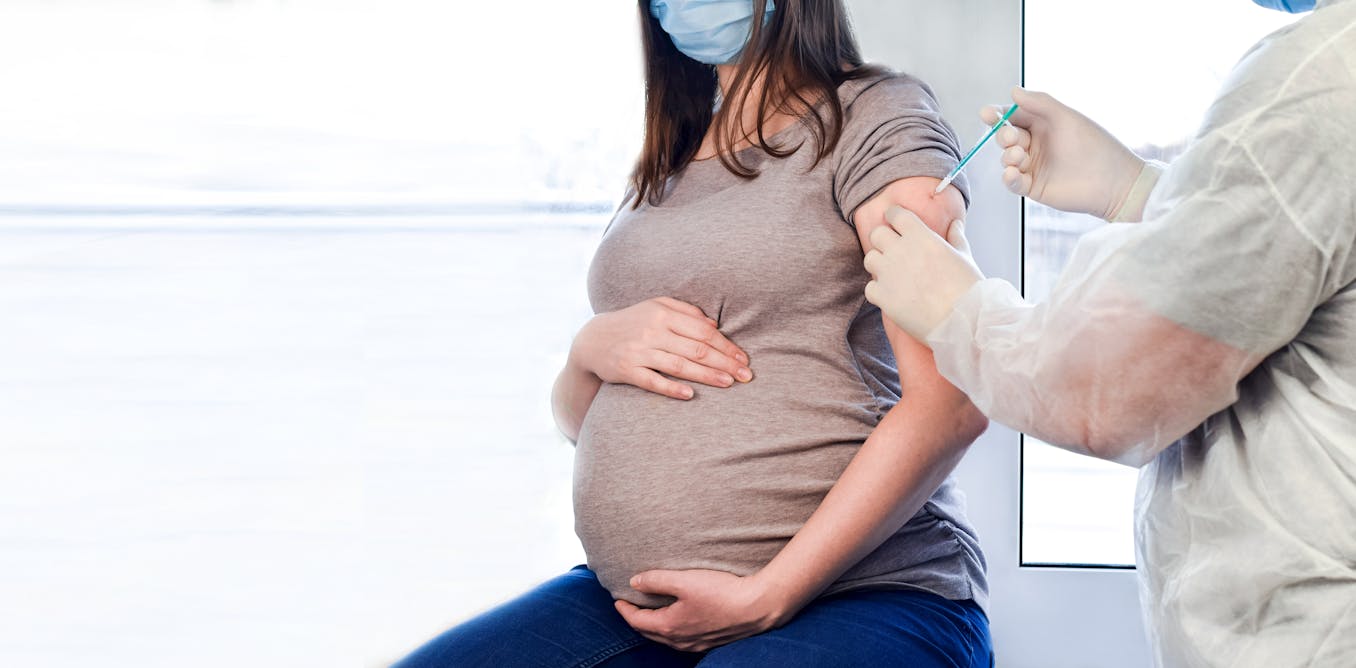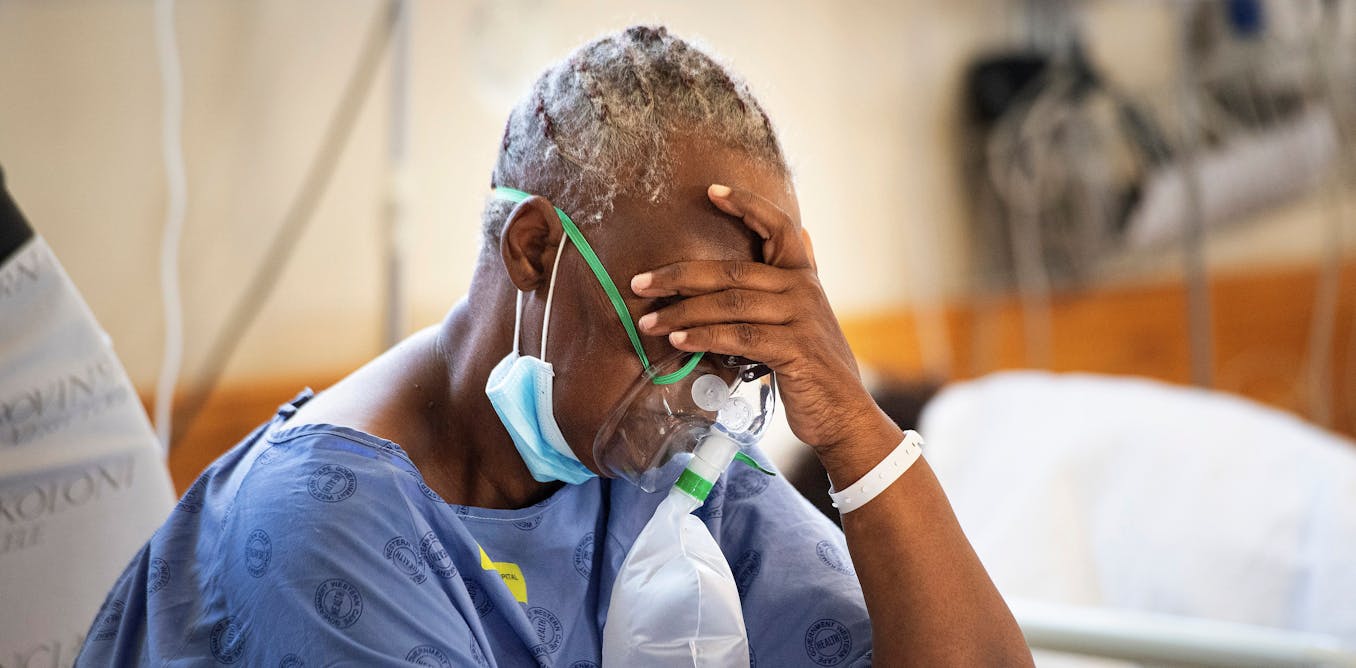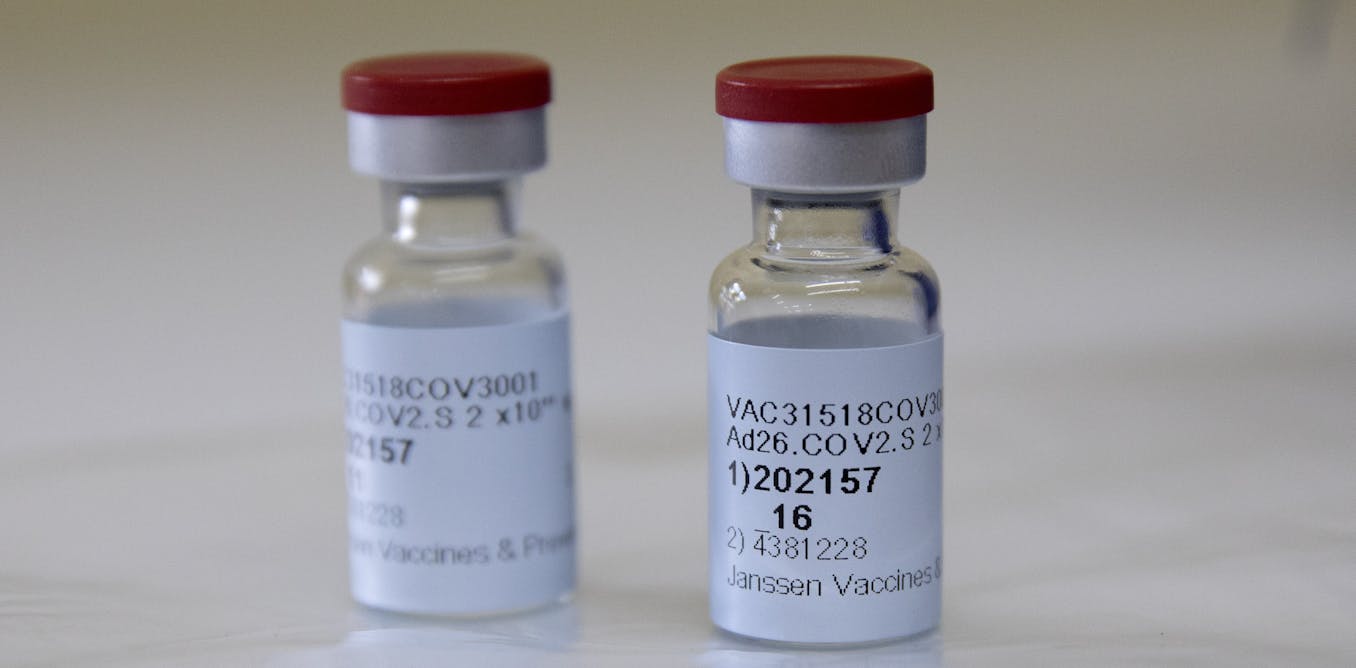COVID-19 official counts can miss mild cases – here's how serosurveys that analyze blood for signs of past infection can help
Your blood can hold a record of past illnesses. That information can reveal how many people have had a certain infection – like 58% of Americans having had COVID-19 by the end of February 2022.
May 6, 2022 • ~9 min

